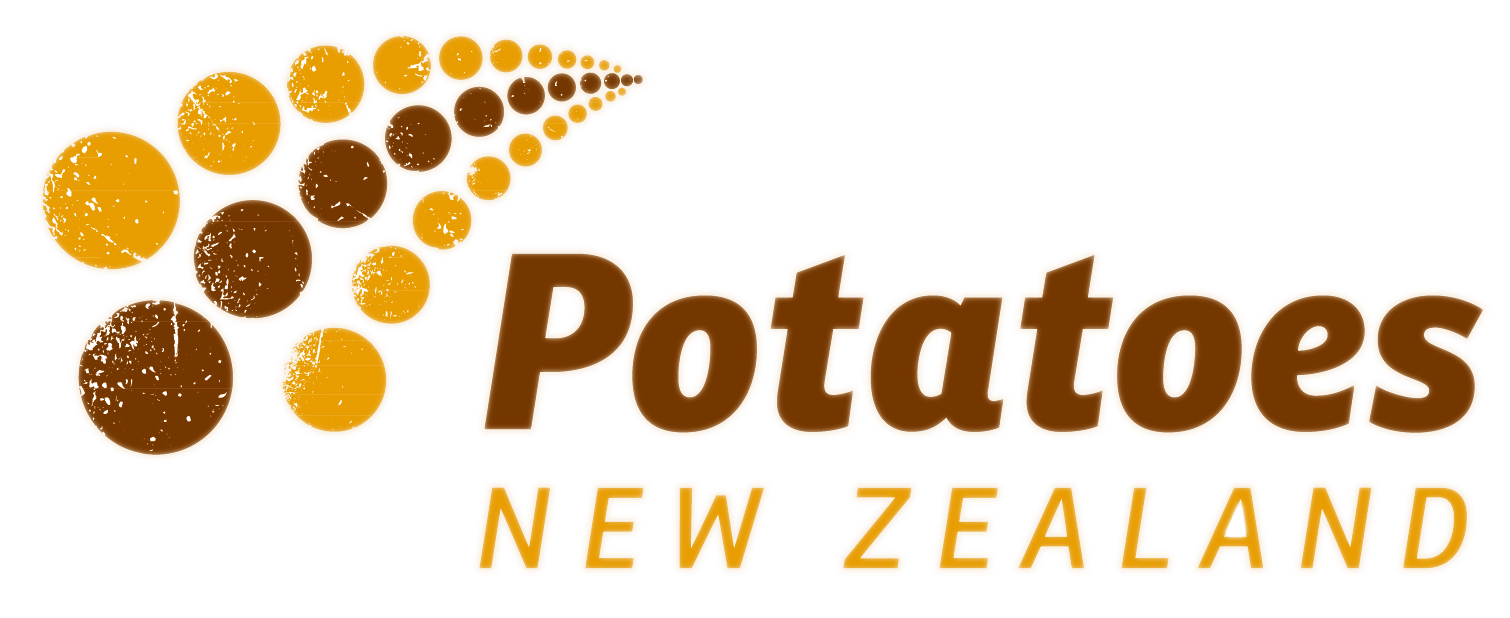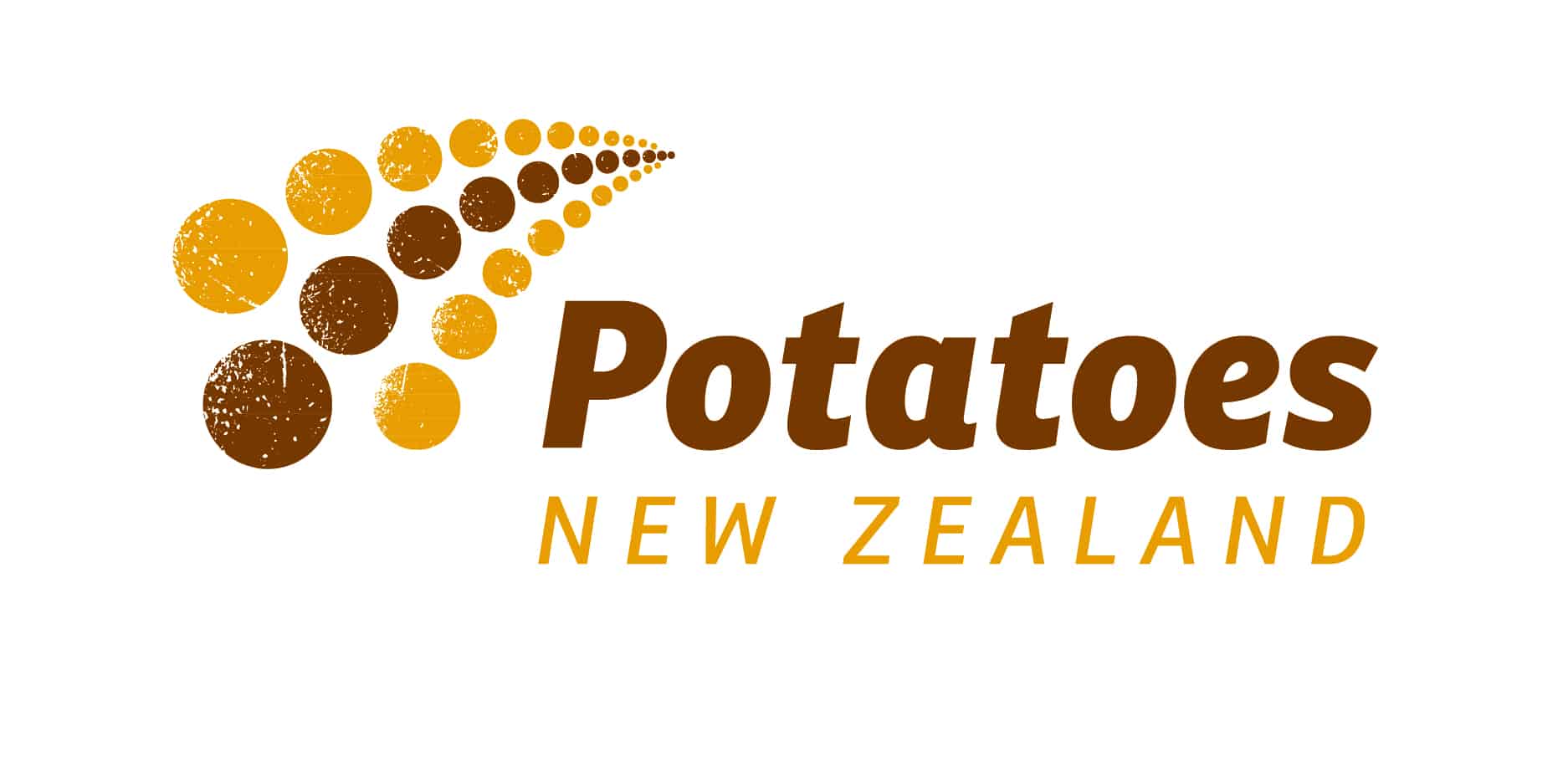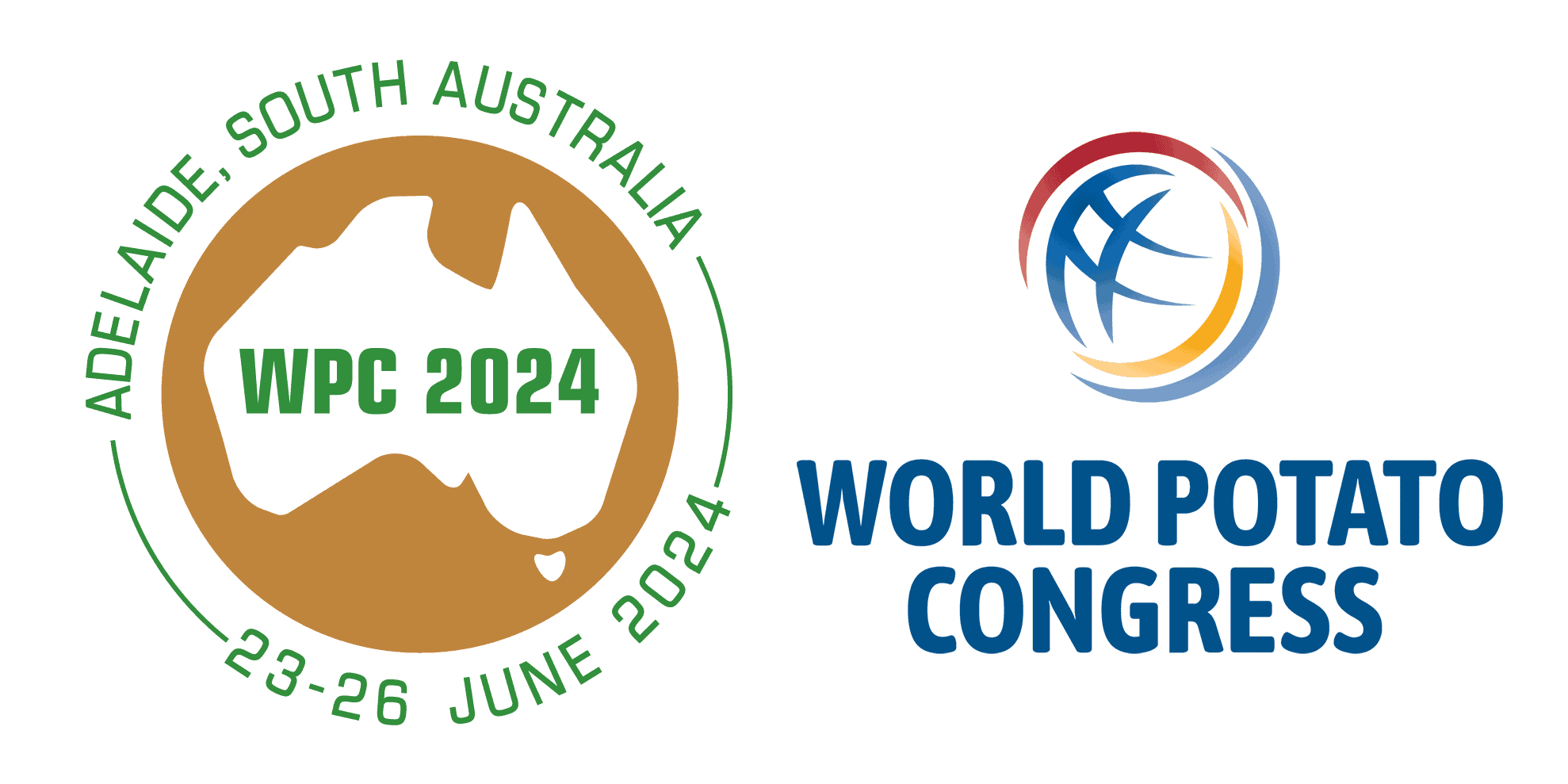Two reports were released recently which should have sent us all into an urgent, we-have-to-do-something-now panic. The first was a warning from the United Nations Intergovernmental Panel on Climate Change, which says we’ve got ten years in which global leaders will have to make unprecedented action in order to stop the planet’s average temperature from rising more than 1.5C above pre-industrial levels. Without drastic action – the likes of which we have never seen before in the planet’s history – our chances of achieving that are slim to none.
The scary thing is that hardly any countries in the world are actually on track to achieve that change, and hardly any countries in the world seem seriously committed to it. It’s like we are all just looking the other way and hoping no-one will notice the planet slowly – or perhaps not so slowly – degrading. Most of the world’s current leaders will be dead, anyway, in fifty years, and so will their core constituents; perhaps it’s easy for them to avoid making highly unpopular decisions now about what’s likely to affect the people of the future.
That’s a shame, because if we have kids, I’m sure we want them to be able to grow old. And they won’t if the planet can’t sustain them anymore. We won’t be around to witness it, but that doesn’t mean it’s not happening.
One of the big parts of the climate change puzzle is the global food system. That was the subject of another piece of research: a report in the journal Nature, which says that current methods of producing, distributing and consuming food are not environmentally sustainable, and that damage to the planet could make it ‘less hospitable for human existence’. We have a broken food system, they say, and it needs fixing for the growing global population to stay alive in the future.
A key to this is how we use our land and our water. The half of the planet which is devoted to livestock, or food for those livestock, is unsustainable. As is the seventy percent of the world’s water being used in agriculture. Meat production, according to the Nature report, is an inefficient way to generate calories. Plus, cows and other ruminants produce planet-killing methane.
Bottom line: we need to start moving away from meat, and eating more plants. Hard for Kiwis – who’ve grown up on meat and three veg – to hear. But we need to hear it, and do something about it.
What’s good for the planet, of course, is good for us too. Eating less meat is a healthier way to live, especially if it means we eat more vegetables, fruits, nuts, seeds and legumes. Changing how we think about the basis of our meals – don’t base it on the meat, base it on the veges and think of the meat as a garnish, if it’s there at all – is not only more sustainable, it’s healthier.
Potatoes, of course, are well-positioned to sit at the heart of this new and necessary way of eating. Potatoes use a fraction of the water that meat does to produce.
Potatoes are also locally grown. It’s not an unthinkable proposition that we will have little to no imported food in our future; that makes rice pretty hard to come by. Potatoes, on the other hand, are right on our doorstep.
Potatoes may also be a component in the proteins of the future; plant-based meat alternatives are a hugely growing area of research and development in food technology; a meat substitute made from potato protein, among other ingredients, is not hard to imagine.
So an old food – the not-so-humble spud – is one that may end up being a food of the future. Let’s get on the case now to make sure that’s possible.



